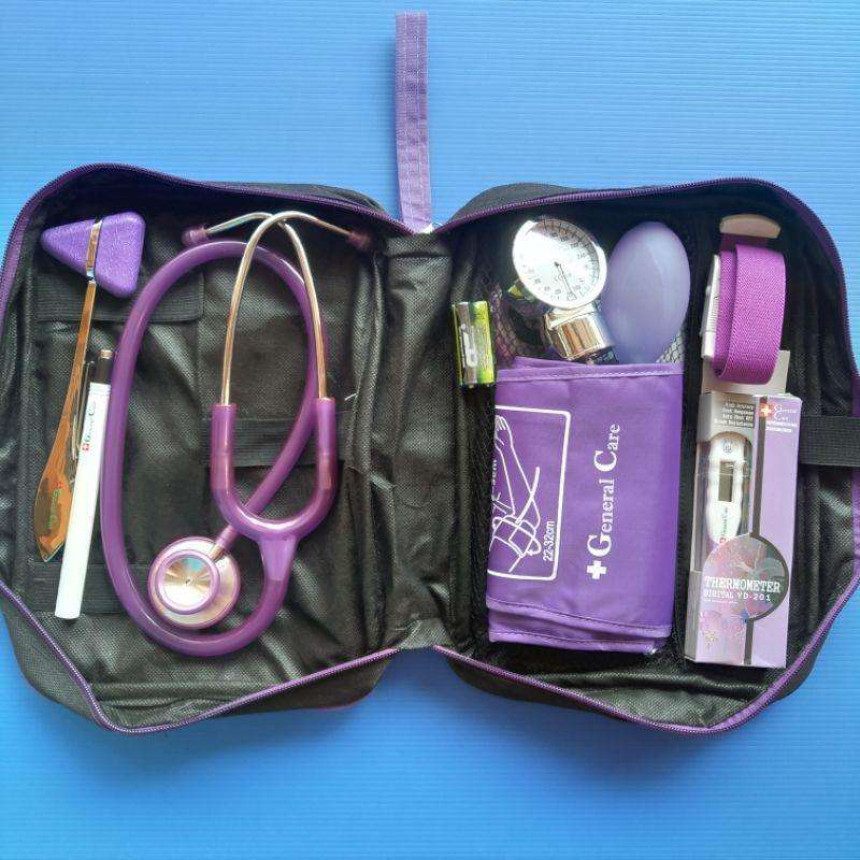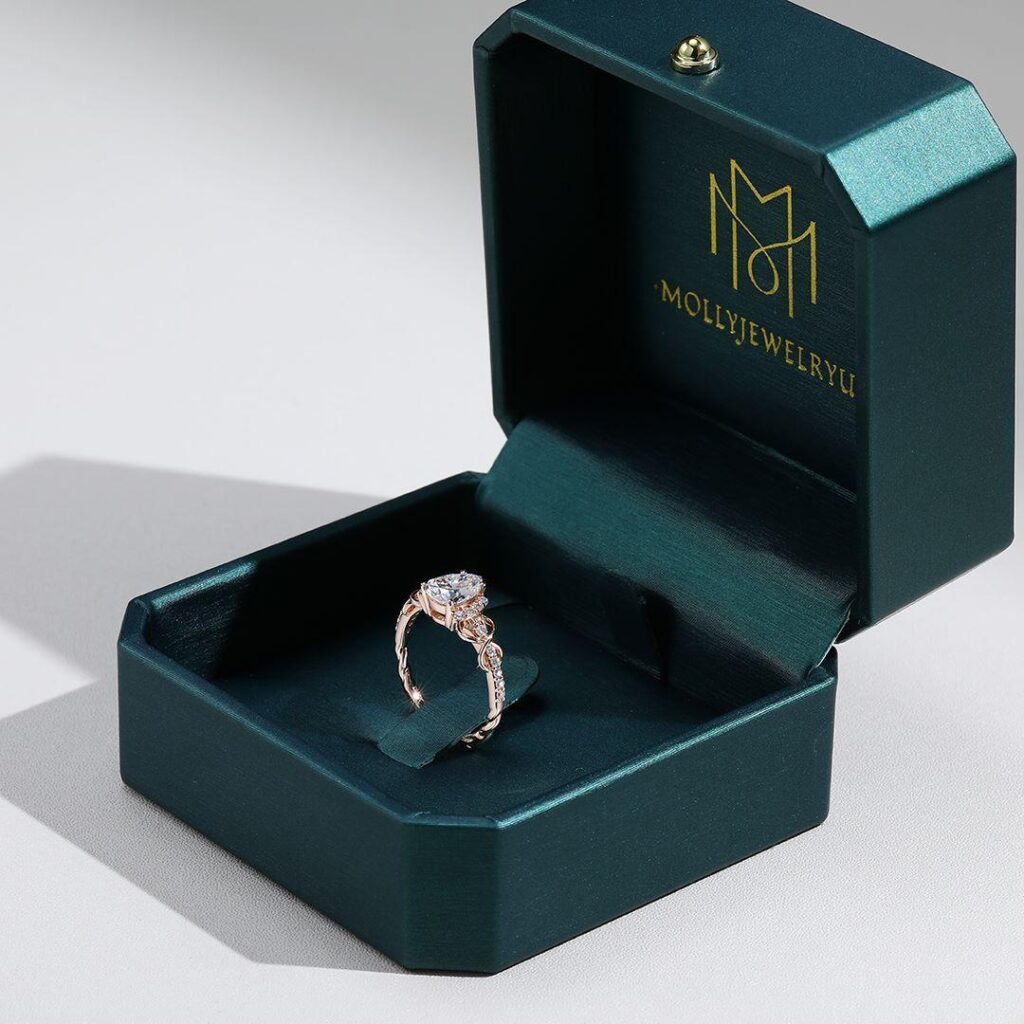When preparing for a shift, nurses often gather a set of tools that are as crucial to their daily routine as medical knowledge itself. This collection, often referred to as a “nursing kit,” can make the difference between a smooth shift and a challenging one. From basic instruments to personal protective gear, each item in a nurse’s arsenal plays a pivotal role in providing top-notch care. These essentials help nurses stay organised, efficient, and ready to tackle any medical challenge that comes their way. Understanding what to include in your kit is vital for efficiency and preparedness on the job.
The Backbone of Patient Care: Stethoscopes and Blood Pressure Cuffs
A stethoscope is more than an icon of the nursing profession; it’s an extension of a nurse’s senses, allowing them to detect subtle abnormalities in a patient’s heart and lung functions. Likewise, a reliable blood pressure cuff is indispensable for monitoring cardiovascular health. These instruments form the backbone of patient assessments and are used more frequently than any other tool. They must be durable and precise, as they are the most utilised instruments in a nurse’s interaction with patients.
Hygiene and Protection: Sanitisers and Gloves
Hygiene is paramount in a healthcare setting, and having personal sanitisers readily accessible is a non-negotiable aspect of a nurse’s daily gear. Gloves in multiple sizes and materials provide a protective barrier against contaminants. They are not only for the nurse’s safety but also for maintaining a sterile environment for the patients. Regularly using these items significantly reduces the risk of cross-contamination, making them as critical as any medical device.
Documentation Tools: Notepads and Pens
Accurate record-keeping is a critical part of nursing. Notepads and an assortment of pens are necessary for jotting down vital signs, medication times, and other pertinent patient information. Quick access to writing materials ensures that observations are recorded in real time, which is crucial for effective communication and care continuity. This immediate and accurate documentation is vital in fast-paced environments where every detail counts.
Emergency Readiness: Shears and Bandages
A nurse must always be prepared for unexpected situations. Shears are a versatile tool for cutting through bandages or clothing in an emergency. An assortment of bandages is also a must-have, prepared for any situation from minor cuts to larger wounds. Stocking these items means a nurse can respond rapidly to any number of patient needs. Having shears and bandages on hand allows for quick response to patient injuries and supports other medical procedures that may be required urgently.
Personal Care: Nutritional Snacks and Hydration
It’s not all about patient care; a nurse must also look after their well-being. Long shifts require sustenance, so including nutritional snacks and a water bottle ensures that nurses maintain their energy levels. Remaining hydrated and nourished is crucial to staying focused and delivering the best patient care. Keeping up with personal energy needs also helps nurses to manage stress and maintain a compassionate demeanour throughout their demanding workday.
In conclusion, a nursing kit equipped with these essentials enables nurses to face every shift with confidence. Whether it’s providing patient care, ensuring a sanitary work environment, or being prepared for emergencies, the right tools can make all the difference. As the demands on healthcare professionals continue to evolve, so too will the contents of their kits, but the foundation of great nursing remains the same: preparation, knowledge, and the readiness to respond to whatever the shift may bring. The seamless integration of these tools into daily nursing practice not only facilitates medical procedures but also supports the overall healthcare system’s efficacy. The importance of a well-stocked and accessible set of equipment cannot be overstated, as it directly influences the quality of patient outcomes. By ensuring that all necessary items are at hand, nurses can provide care that is not only timely but also empathetic and informed by the best available resources.






